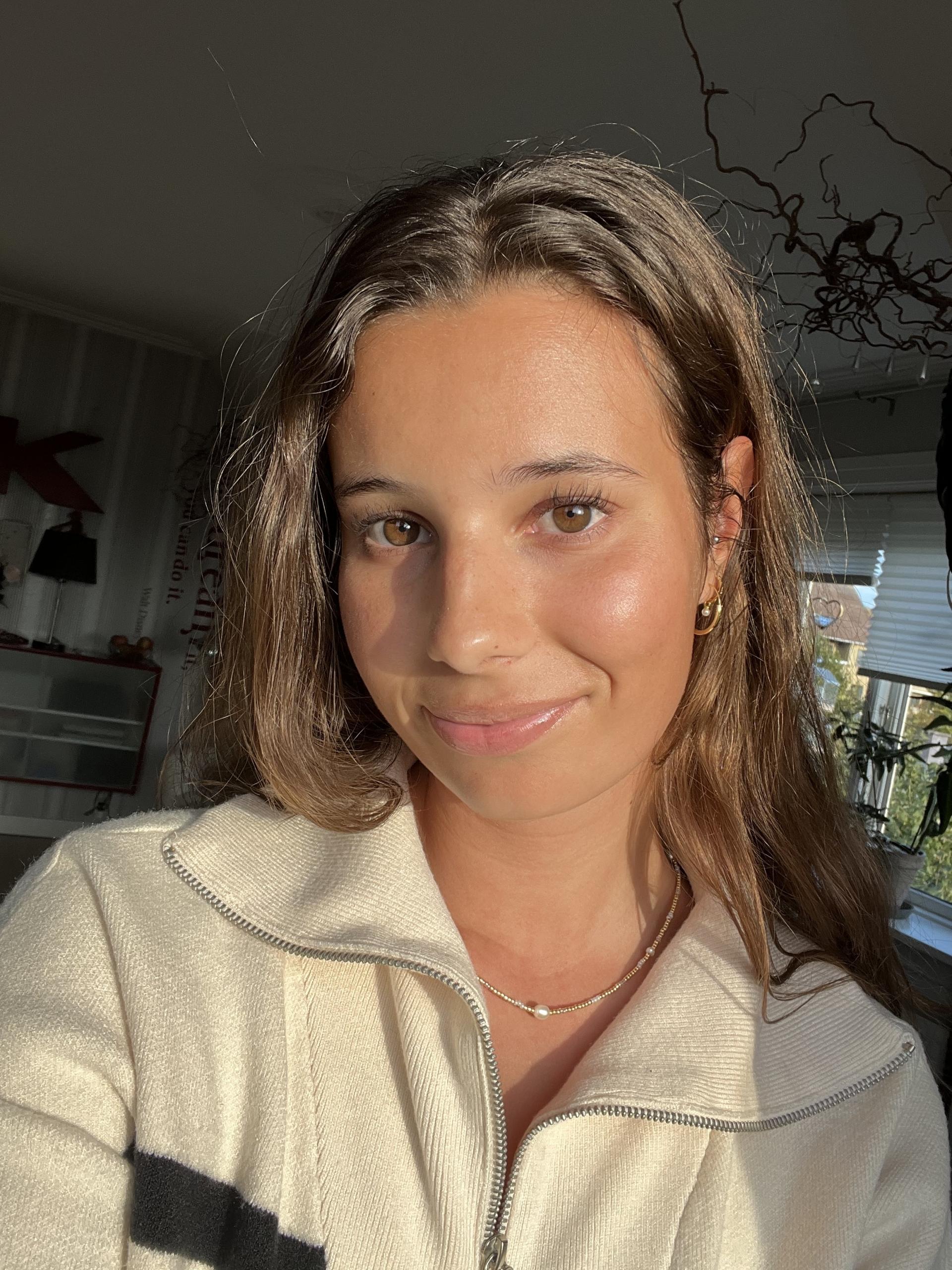If you’re dreaming of a career in healthcare, medical school in Montreal could be the perfect place to start. With a rich history, world-class education, and a vibrant student community, all of Montreal's medical schools offer everything you need to turn your passion for medicine into a reality.

What Are the Medical School Options in Montreal?
Montreal has some great medical schools, each with its own strengths and opportunities for students looking to build a career in healthcare. Whether you see yourself working directly with patients, diving into medical research, or taking on a leadership role in healthcare, there’s a program in Montreal that can help you get there.
Here’s a closer look at some of the top schools:
McGill University Faculty of Medicine and Health Sciences
McGill is one of the most well-known medical schools in Canada — and for good reason!
Founded in 1829, it’s actually the first medical faculty in the country and has built a strong reputation for its cutting-edge research, world-class education, and top-tier hospital affiliations. McGill’s motto, “The Patient at Heart and Science in Hand,” really captures their approach, blending hands-on experience with a solid foundation in medical sciences.
What’s great about McGill is its bilingual option—students can study in English in Montreal or opt for French at their Gatineau campus. It’s a great choice if you’re looking for flexibility and international recognition.
Programs at McGill:
A 4-year program with clinical experience at leading hospitals in Montreal.
A 7-year combined degree for students interested in both practicing medicine and conducting advanced research.
Designed for CEGEP grads, it includes a one-year science curriculum followed by the MDCM program.
Offers tons of residency and fellowship programs in various specialties.
Compared to medical schools in Calgary, which offer an accelerated three-year MD program, McGill provides a more traditional four-year pathway. This gives students more time to build their skills and gain in-depth clinical experience.
Université de Montréal Faculty of Medicine
Université de Montréal (UdeM) is another fantastic option — especially if you prefer studying in French. It’s one of Quebec’s largest medical faculties and has strong ties to the local healthcare system, meaning plenty of hands-on opportunities in real clinical settings. UdeM places a big focus on community health, making it an excellent choice for students who want to work closely with diverse populations.
Programs at UdeM:
A solid, all-encompassing program that prepares students for a career in healthcare with lots of clinical exposure.
Perfect for CEGEP grads, as they help students build the right foundation before diving into the MD program.
A wide range of residency and fellowship opportunities across medical specialties.
Because UdeM is mainly French-based it provides excellent opportunities for students looking to practice in Quebec’s healthcare system and work in French-speaking communities.
Université du Québec à Montréal (UQAM)
UQAM isn’t a traditional medical school, but it offers several health-related programs that can be a great stepping stone into the medical field. Programs like biomedical sciences, public health, and healthcare management can provide a solid foundation before applying to medical school or working in the health sector.
Programs at UQAM:
Ideal for students interested in medical research or preparing for further studies in healthcare.
Focused on community healthcare initiatives and policy-making.
While it doesn’t offer an MD program like McGill or UdeM, it provides an excellent foundation for students considering future studies in medicine — similar to preparatory programs at schools like med schools in Vancouver at the University of British Columbia.
Concordia University
Concordia University is a great choice if you’re interested in healthcare but not necessarily looking for a traditional medical degree. Instead, Concordia offers a variety of programs that focus on health sciences, exercise science, and the intersection of technology and healthcare.
Whether you’re passionate about improving community health, working in rehabilitation, or diving into cutting-edge health technologies, Concordia provides a solid foundation to kickstart your career.
Programs at Concordia:
Dive into topics like disease prevention, health promotion, and wellness strategies to help people live healthier lives.
If you’re interested in physiotherapy, rehabilitation, or sports medicine, this program prepares you for careers focused on movement and health.
Explore how technology is changing the healthcare industry, from wearable health devices to innovative medical software.

While Concordia doesn’t offer an MD program like McGill or medical schools in Ottawa, Concordia takes a more interdisciplinary approach. Their programs mix health, science, and technology, making them a great option for students who want to explore healthcare from a different angle.
Plus, Concordia’s focus on community engagement means you’ll have plenty of opportunities to put your learning into action.
École Polytechnique de Montréal
For students looking to combine their passion for healthcare and engineering, École Polytechnique de Montréal offers specialized programs in biomedical engineering.
These programs focus on developing innovative medical devices, improving healthcare technology, and finding engineering solutions to medical challenges. École Polytechnique is perfect for students who want to work at the intersection of medicine and technology.

Programs at École Polytechnique:
Develops technical solutions for medical diagnostics, treatment devices, and healthcare technology improvements.
Focuses on optimizing healthcare delivery through better systems and processes.
Compared to med schools in Ontario, which often emphasize clinical training, École Polytechnique offers a unique focus on the technical side of healthcare. Its graduates often work alongside healthcare professionals to develop innovative medical technologies and solutions.
HEC Montréal
HEC Montréal is a top choice for students interested in the management and business aspects of healthcare.

As one of Canada’s leading business schools, HEC offers specialized programs in healthcare management, providing students with the skills needed to lead hospitals, healthcare facilities, and health-related enterprises.
If you see yourself combining a passion for healthcare with leadership and organizational skills, HEC Montréal might be the right fit.
Programs at HEC Montréal:
Prepares students for leadership roles in hospitals, clinics, and healthcare organizations.
Focuses on policy-making, resource management, and healthcare economics.
Compared to other types of medical schools which emphasize hands-on medical training, HEC focuses on the strategic and administrative aspects of healthcare. This makes it an ideal option for students interested in shaping healthcare policies and improving healthcare systems rather than practicing medicine directly.
How to Apply to Medical Schools in Montreal
Applying to medical school can feel overwhelming, but knowing what to expect can make the process a lot easier. Whether you’re considering McGill University, Université de Montréal, or any other medical school in Montreal, the application process follows a similar structure with a few unique differences.
Here’s a breakdown to help you get started:
General Admission Requirements
Before applying, you will need to meet some basic requirements to be considered for admission:
- A Bachelor’s Degree: Most schools require a completed undergraduate degree, preferably with courses in biology, chemistry, and physics. Some schools, like Université de Montréal, have special preparatory programs for CEGEP graduates.
- GPA & MCAT Scores: A competitive GPA (typically 3.5 or higher) and solid MCAT scores are crucial for most schools, especially at McGill. Some programs at Université de Montréal don’t require the MCAT but have their own entrance exams.
- Language Proficiency: McGill offers programs in English, while Université de Montréal requires proficiency in French. Bilingual applicants often have an advantage.
- CASPer Test: Some schools, including McGill, require applicants to complete the CASPer test, which evaluates your problem-solving and interpersonal skills.
- Extracurricular Experience: Schools look for applicants with volunteer work, research experience, or healthcare-related activities to demonstrate a well-rounded profile.
Step 1: Research Your Options
Each school has different offerings and strengths, so take the time to figure out which one aligns with your career goals.
Step 2: Prepare Your Application
You’ll need to gather and submit:
- A well-written personal statement explaining why you want to study medicine.
- Reference letters from professors, employers, or mentors who know you well.
- Proof of relevant experience, such as volunteering or internships in healthcare.
Step 3: Submit Your Application
Applications for most Montreal medical schools are processed through the Quebec Medical Schools Application Service (QMSAS). If you’re applying to McGill, you’ll need to submit through their admissions portal. International applicants should check for additional requirements specific to their country of origin.

Step 4: Ace the Interview
If your application meets the selection criteria, you’ll be invited for an interview. Schools like McGill use Multiple Mini Interviews (MMIs) to assess communication skills, ethical reasoning, and problem-solving abilities.
Step 5: Keep an Eye on Deadlines
Most applications open in the fall, with deadlines typically around October. Be sure to check each school’s website for exact dates and updates.
How Can Tutoring Help You Get Through Medical School in Montreal?
Medical school is tough — there’s no way around it. From balancing coursework to preparing for exams like the MCAT, staying on top of everything can feel overwhelming. But you don’t have to do it alone. Many students in Montreal turn to private tutoring services like Superprof to get the personalized support they need to succeed.
Whether you’re struggling with complex subjects like anatomy and pharmacology, need help structuring your study schedule, or just want to boost your confidence before exams, a tutor can make a huge difference. With over 10+ experienced tutors available, you can find someone who fits your learning style and schedule.
Here's some of the benefits:
Focus on the areas you find most challenging, from complex medical concepts to time management strategies.
Fit tutoring sessions around your busy class and clinical schedules.
With rates starting at CAD 15 per hour, it’s an accessible way to get expert guidance without breaking the bank.
Many tutors are medical graduates themselves, offering first-hand advice on exams, coursework, and career planning.
No matter which medical school in Montreal you’re attending — McGill, Université de Montréal, or Concordia — getting the right support can help you manage your workload and boost your confidence in your studies.
Summarize with AI:















